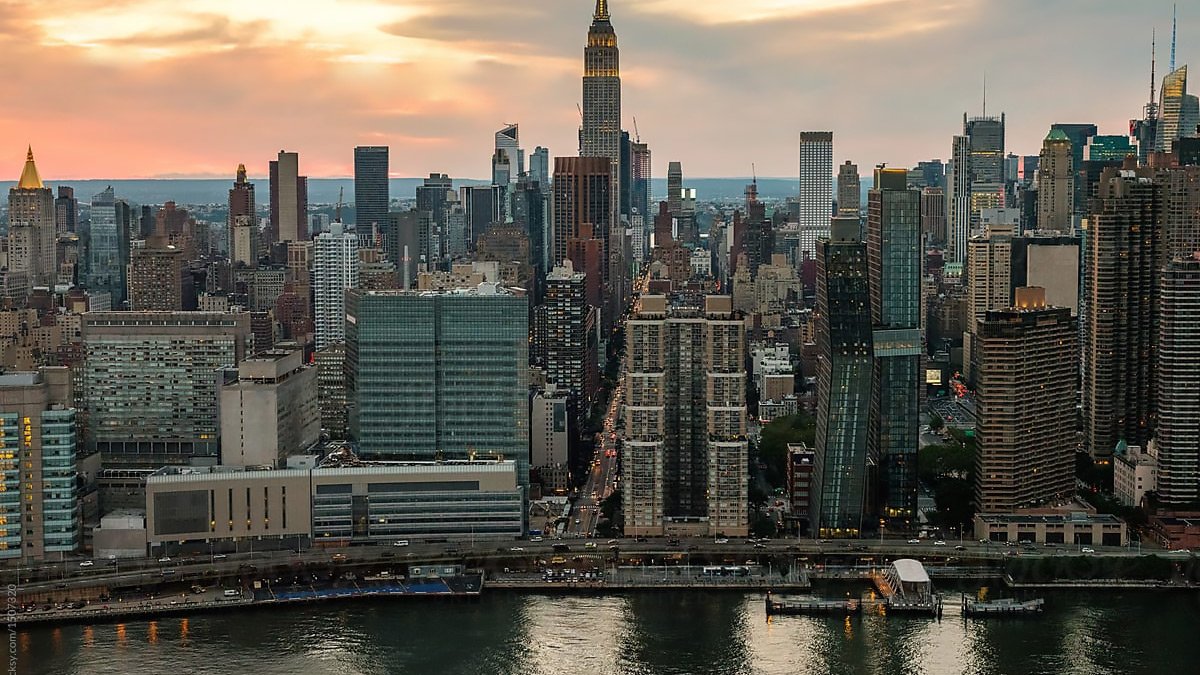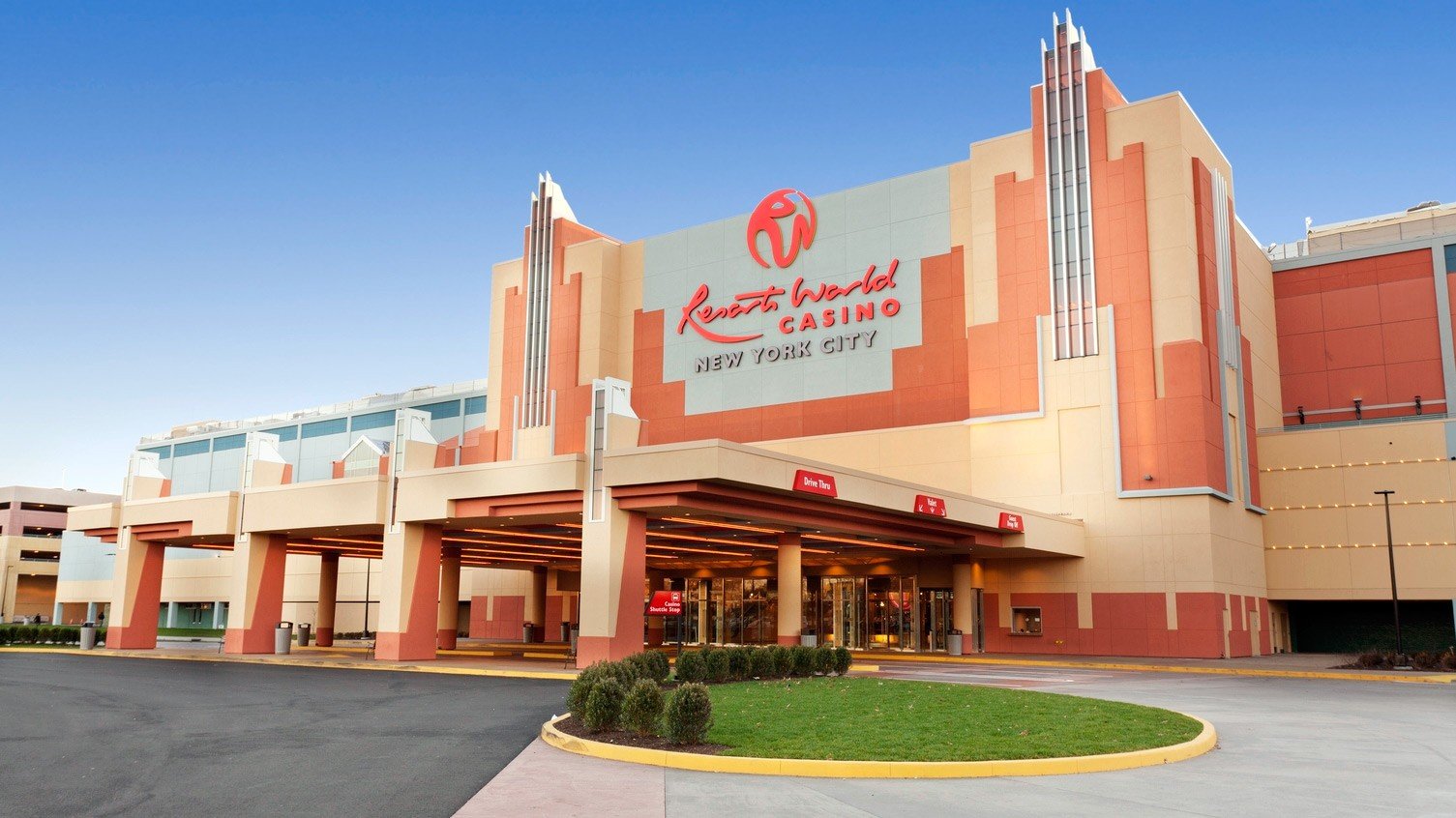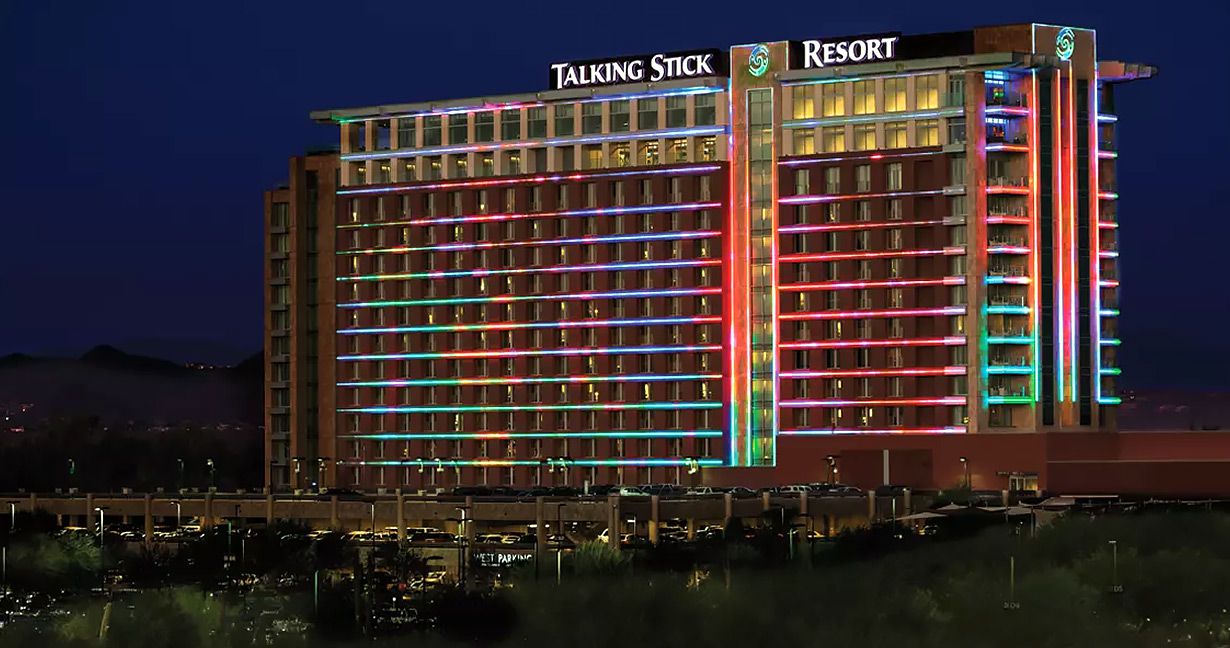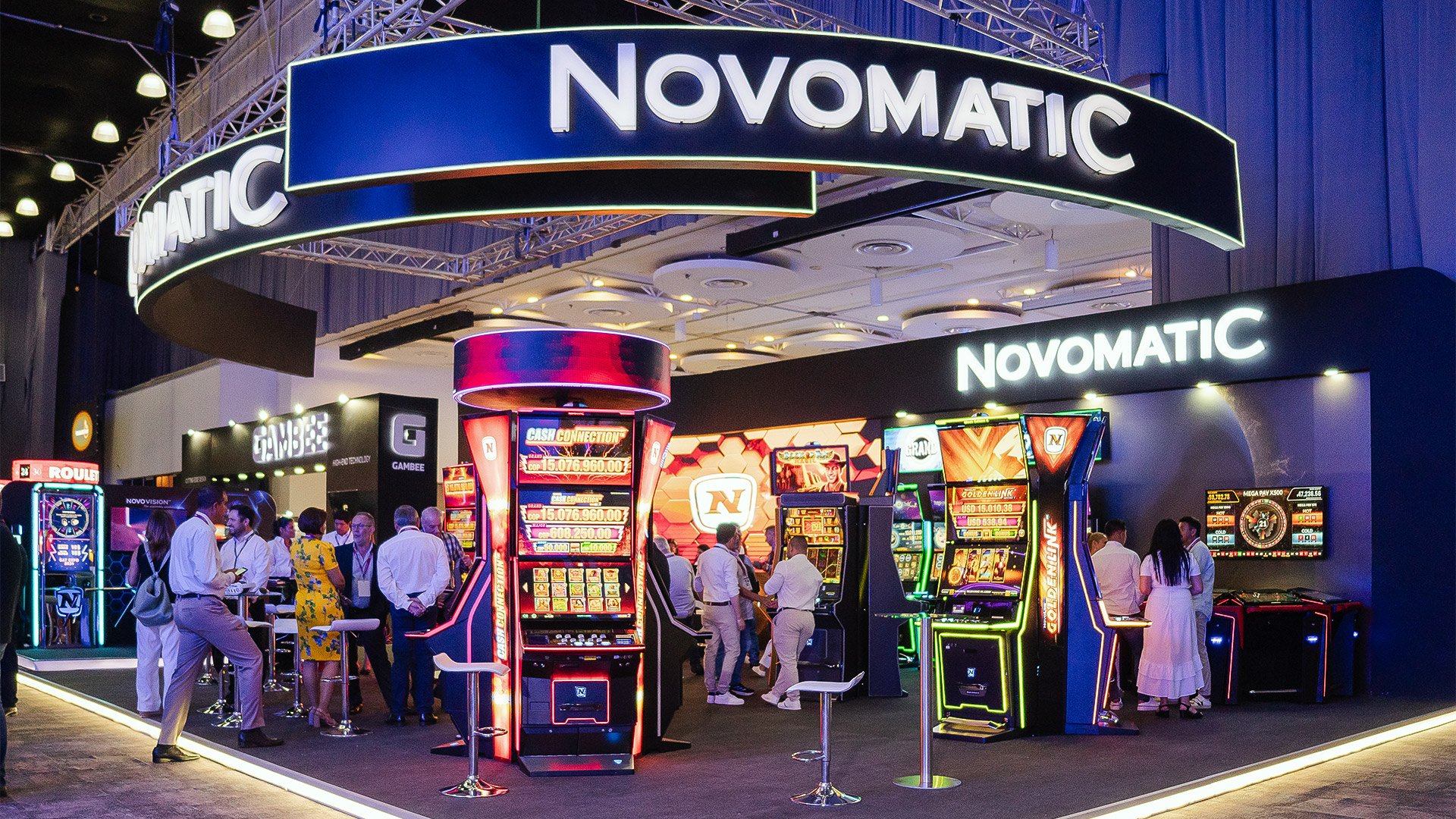New York Legislature approves plans for three downstate casinos in 2022 budget, celebrated by casino and racing industry

New York State has now included plans for three downstate casino licenses in this year’s budget. The move accelerates their timetable, as the licensing process was originally set to launch next year. It is also expected to provide the state with a lucrative revenue stream and kickstart a bidding war and major lobbying efforts from top gambling operators.
The Democrat-controlled Legislature approved the $220 billion state budget for the year on Saturday, although the plans to speed up the process were first unveiled earlier this year, by Gov. Hochul. The licenses are to go for a minimum of $500 million each, and the state Gaming Commission will oversee the bidding process.
Additionally, a six-member community advisory committee will have a say over the proposed locations, in a move set to give local communities a voice in the process. The siting review board would determine locations on a majority vote.
NY Assembly Session on Friday.
Sen. Joseph Addabbo (D-Queens), chairman of the Senate Racing, Gaming and Wagering Committee, celebrated the inclusion of the casino licenses in the budget, describing it as “a win for New York State and the local communities,” according to New York Daily News.
A prohibition was formerly placed on allowing three additional downstate casinos until 2023, but Gov. Hochul’s budget proposal called for the canceling of penalties operators would have to pay to the upstate casino owners if they moved forward before the ban expired. New York currently has 11 casinos upstate, seven of them run by Native American tribes and four commercial sites.

"When I was sworn in, I promised that every decision I make will go through one lens: is it the best deal for New Yorkers?” Governor Hochul said following the budget approval. “This budget fulfills that promise and provides us with a blueprint for the short- and long-term future. We have a once-in-a-generation opportunity to not just bring relief to families and put more money in people’s pockets today, but also to make historic investments in New Yorkers for years ahead."
Resorts World Queens at Aqueduct Racetrack and Empire City Casino at Yonkers Raceway, two existing venues in the New York City area, are likely to earn two of the permits. While they would have to go through the competitive bidding process as other parties would, they are to have an advantage in the process given speed to market and proven experience.

Resorts World New York City has expressed confidence it will secure one of the licenses. In a statement, the company said it was “ready, willing, and able” to immediately double its workforce by adding more than 1,000 new union jobs and “help the true potential of resort-style gaming, entertainment and hospitality be realized right here in the heart of Queens.”
The third license is expected to kickstart fierce competition among operators seeking to obtain the coveted permit. Heavyweights in the casino industry have begun lobbying for their own proposals, with major action currently taking place in Albany: The New York Times reported last month seven gambling companies are spending more than $300,000 a month to that end.
According to previously released criteria laid out in Senate Bill 8009, candidates are asked to provide maximum capital investment exclusive of land acquisition and infrastructure improvements, while also maximizing revenue and providing as many stable jobs as possible.
The final budget deal was also celebrated by the horse racing industry, with NYRA saying it “clearly recognizes the importance of horse racing to the New York State economy.” The proposal would maintain racing financial support payments from VLT casino proceeds, should existing such venues like Aqueduct get a full-casino license, at the same levels as in 2019.
In addition to paving the way for three new downstate casinos, the spending plan dropped a proposal from New York Assemblyman J. Gary Prelow that would have used the state's 2023 budget to gradually expand the number of legal mobile sportsbooks allowed to operate in the Empire State.
The plan, which would have expanded the total from nine to sixteen, was noticeably missing from the budget deal. Lawmakers have also turned down Pretlow's proposal to lower the sports betting tax rate -currently at 51%, the nation's highest-, which would have decreased to 25% under a fifteen sportsbooks market.

















































